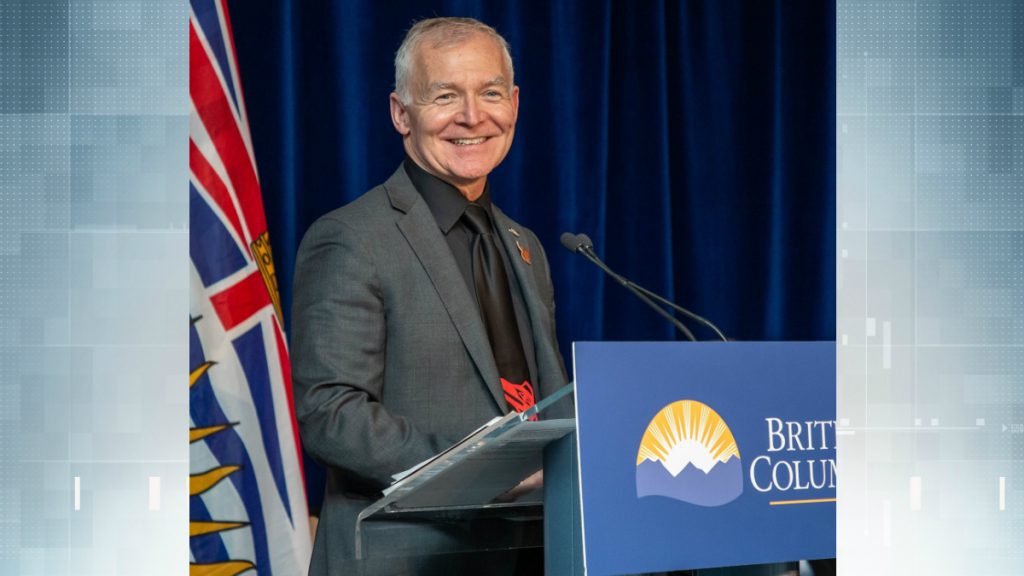
The province of British Columbia is set to become the first province to introduce legislation implementing the United Nations Declaration on the Rights of Indigenous Peoples (UNDRIP).
The Declaration outlines definitions for individual and collective rights for Indigenous Peoples.
UNDRIP was first passed in the United Nations in 2007 with four member states voting against, including Canada. Following the election of the majority Liberal government in 2015, Canada formally removed its objector status to UNDRIP in 2016.
John Horgan’s NDP government is expected to introduce legislation on Thursday aimed at bringing provincial laws and policies into alignment with UNDRIP’s aims.
It is expected that the legislation will generate debate among political and indigenous leaders, with questions around the potential impact on the way the province is governed.
Proponents of the legislation say that this step will ensure Indigenous Peoples are full participants in all aspects of the province.
“This is about recognizing human rights applied to Indigenous Peoples and it’s something that governments of all stripes have not done before, despite the fact it’s in the Constitution of Canada,”‘ Scott Fraser, the province’s minister of Indigenous relations and reconciliation, said Wednesday.
Grand Chief Ed John of the First Nations Summit, called the legislation “a milestone in Indigenous, state relations.”
John also rejected concerns that the legislation would grant Indigenous Peoples a veto on resource development.
“It’s a go-to thing for those who want to run (it) down and keep the status quo in place,'” he said.
Mary Ellen Turpel-Lafond, a law professor at the University of British Columbia, said the issue of free, prior and informed consent is not new because courts have ruled on numerous occasions that governments and resource developers must consult with Indigenous groups about projects on their lands.
“If you want to develop a new mine, for instance, you’ve got to work with First Nations,” she said. “The key to this legislation is a new pathway. What B.C. is going to have is a way of doing business that’s going to conform to what’s required, by what’s already in our law. But we’re going to make it clear across the board.”
Turpel-Lafond, a former Saskatchewan judge, said the legislation looks to a more equal future.
“I do think that in the history of B.C. this will be a turning point,” she said. “It’s a major shift. I think we’ll lead Canada and possibly lead the world.”
With files from Canadian Press


